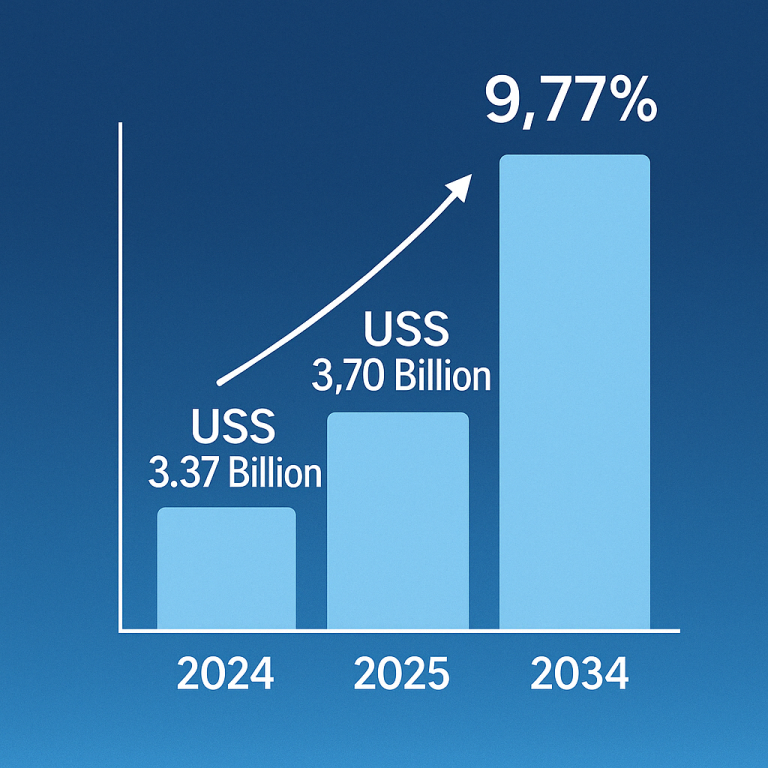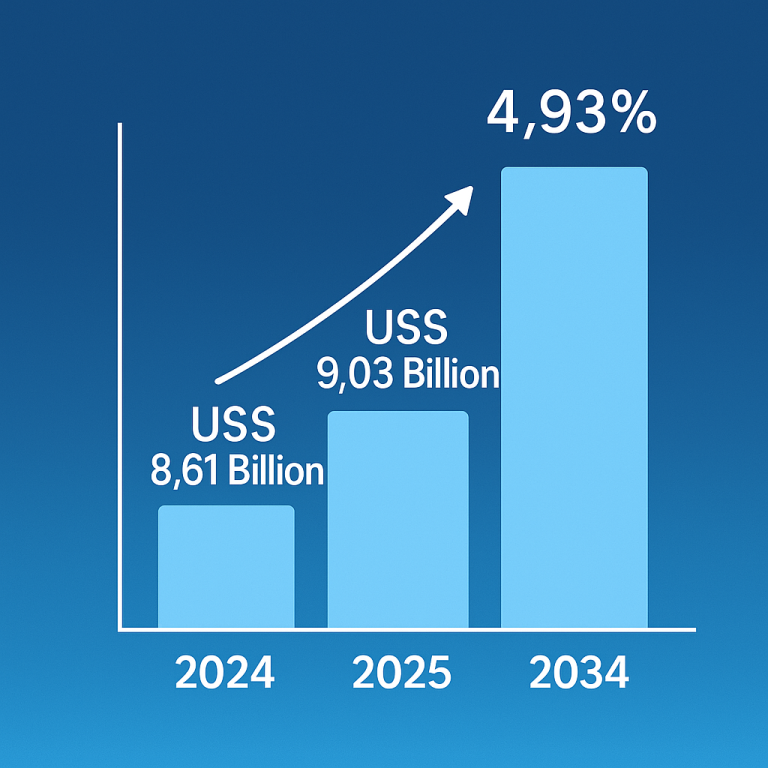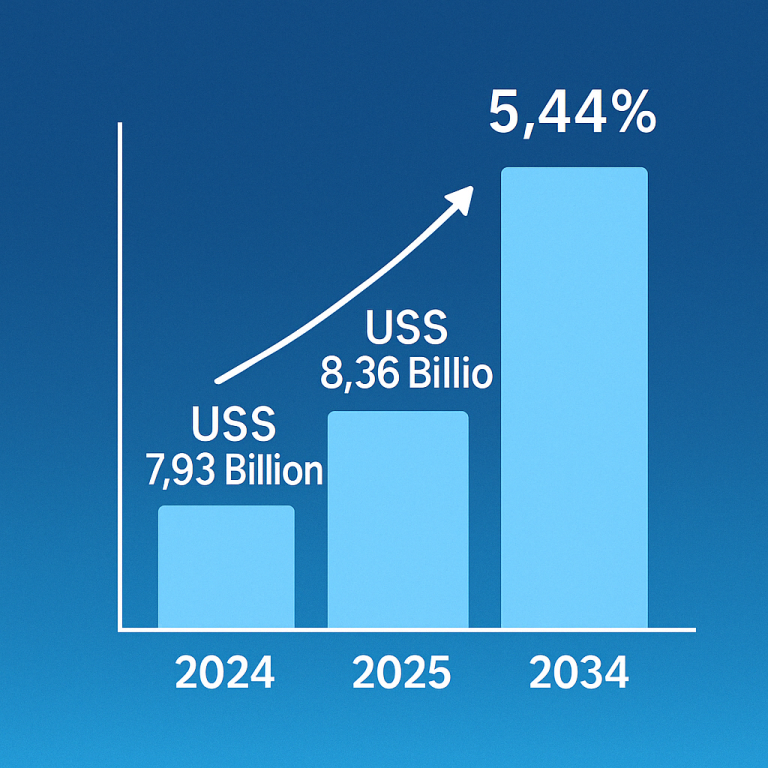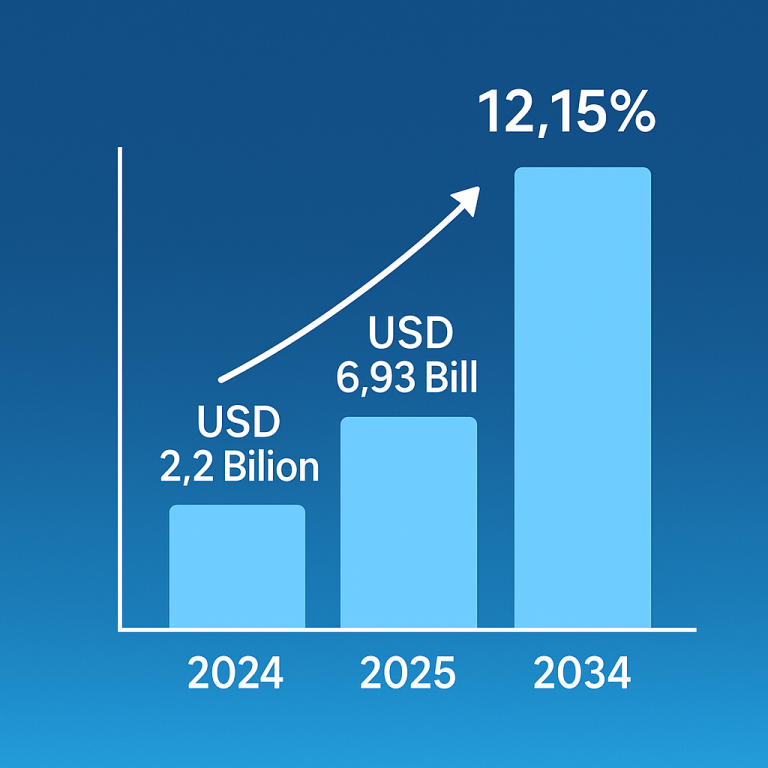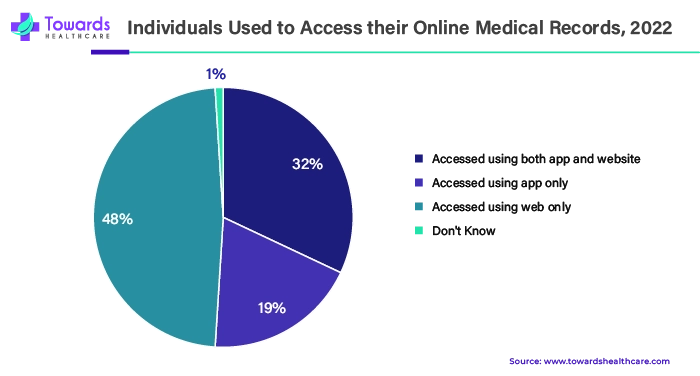
Advancements in analytics are revolutionizing the way we track daily routines and manage patient care. From Electronic Health Records (EHRs) to wearable devices and the Internet of Things (IoT), the integration of data analytics is reshaping the entire healthcare ecosystem.
Electronic Health Records (EHRs): Digitizing Medical History
Gone are the days of paper charts and manual record-keeping. The transition to Electronic Health Records (EHRs) has ushered in a new era of efficiency and accessibility in healthcare. These digital repositories contain comprehensive information about a patient’s medical history, including past illnesses, prescribed medications, and laboratory results.
The partnership between Optum, Inc. and Change Healthcare in January 2021 exemplifies the industry’s commitment to leveraging technology for enhanced healthcare delivery. By harnessing data analytics solutions and advanced technology platforms, healthcare providers can streamline operations and improve patient outcomes.
For any queries, feel free to reach us @ https://www.towardshealthcare.com/personalized-scope/5141
Wearable Devices: Personal Health Trackers
The rise of wearable devices has empowered individuals to take control of their health like never before. From smartwatches to fitness bands, these devices monitor various metrics such as physical activity, sleep patterns, and even physiological indicators like blood sugar levels. By seamlessly integrating with healthcare systems, wearable devices enable real-time data tracking and proactive health management.
Internet of Things (IoT) in Healthcare: Connecting Devices for Better Care
The Internet of Things (IoT) has extended its reach into the realm of healthcare, facilitating connectivity between medical devices and digital networks. Blood pressure monitors, glucose meters, and medication dispensers equipped with IoT capabilities can transmit vital data directly to healthcare providers, facilitating remote monitoring and timely interventions. This interconnected ecosystem enables continuous monitoring and personalized care delivery.
The Power of Healthcare Analytics
Amidst the wealth of data generated by digital health technologies, healthcare analytics emerges as a vital tool for extracting actionable insights and driving informed decision-making. By leveraging advanced algorithms and machine learning algorithms, healthcare professionals can identify trends, predict outcomes, and optimize resource allocation.
Enhancing Patient Care
Healthcare analytics empowers clinicians to deliver personalized treatment plans tailored to individual patient needs. By analyzing genetic profiles, lifestyle factors, and medical histories, healthcare providers can develop targeted interventions that optimize efficacy and minimize adverse effects. This personalized approach ensures that patients receive the most effective and appropriate care, leading to improved outcomes and enhanced patient satisfaction.
Operational Efficiency and Resource Optimization
In addition to improving patient care, healthcare analytics plays a crucial role in optimizing operational efficiency and resource allocation. By analyzing workflow patterns, identifying bottlenecks, and optimizing resource utilization, healthcare organizations can streamline processes and reduce costs. From optimizing appointment scheduling to managing inventory levels, analytics-driven insights enable healthcare facilities to operate more efficiently and effectively.
Data Security and Privacy Compliance
As the volume of healthcare data continues to grow, ensuring data security and privacy compliance becomes paramount. Healthcare analytics solutions incorporate robust security measures and compliance protocols to safeguard patient information and maintain regulatory compliance. By implementing encryption, access controls, and audit trails, healthcare organizations can mitigate the risk of data breaches and protect patient confidentiality.
Governments Set Rules; Providers Use Analytics for Better Care
Governments around the globe are instituting regulations and standards aimed at ensuring healthcare providers deliver top-notch care to patients while utilizing resources efficiently. These regulations often entail meticulous reporting on the quality of healthcare services provided, shifting the focus from sheer patient volume to the effectiveness of care.
For instance, in May 2021, the World Health Organization (WHO) collaborated with a German federal agency to establish a central data hub for pandemics. This hub serves to analyze disease spread, foster medical advancements, and monitor patients to proactively mitigate future risks.
In adherence to these regulations and to receive proper compensation, healthcare providers must meticulously track a wealth of information about their patients and the care they administer. This is where analytics solutions play a crucial role. Analytics involves leveraging computers to scrutinize vast amounts of data, identifying pertinent patterns or insights that can enhance patient care and streamline healthcare services.
As governments enforce these regulations and healthcare providers strive to excel and receive fair compensation, the adoption of analytics solutions is increasingly prevalent, aiding in comprehensive information management and facilitating informed decision-making in patient care.
Leveraging Healthcare Analytics for Informed Decision-Making
The utilization of healthcare analytics stands as a cornerstone, guiding physicians and other professionals towards well-informed decision-making. Think of it as navigating a complex puzzle with the aid of a detailed map rather than relying on guesswork. Healthcare analytics acts as this guiding map, offering a panoramic view of patient conditions, treatment outcomes, and hospital operations.
Delving into past treatments and patient responses, healthcare analytics resembles sifting through a library of stories to decipher outcomes. Through the analysis of this data, physicians can anticipate which treatments are likely to yield the most favorable results for individual patients. This predictive prowess empowers healthcare providers to make astute decisions from the outset, bypassing the need for trial and error.
Healthcare analytics enriches decision-making processes by furnishing insights akin to orchestrating a large gathering. Instead of estimating food and beverage quantities, one would assess attendee numbers and preferences. Likewise, healthcare analytics aids hospitals and clinics in making informed choices about patient care.
For instance:
- When a specific treatment has demonstrated success among similar patients, healthcare providers are more inclined to replicate it.
- Healthcare analytics contributes to optimizing operations within healthcare facilities, arranging rooms for optimal efficiency. It aids in tasks such as staff scheduling to ensure adequate patient care and efficient equipment utilization, thereby minimizing waste. This organized approach enables hospitals to operate smoothly, maximizing resource allocation and efficiency.
Complexity in Data Creates Problems
Dealing with complexity in data poses significant challenges akin to solving a puzzle with missing or incorrect pieces. In healthcare analytics, where insights crucially inform decisions, the data derived from various sources—such as electronic health records, medical devices, and administrative systems—often presents inconsistencies and errors due to disparate formats and entry methods.
For instance,
- a patient’s name may vary in spelling across systems, or their medical history might be documented differently. Such discrepancies can lead to erroneous conclusions when analyzing the data, potentially impacting patient care, hospital operations, and healthcare policy decisions.
To mitigate these risks and ensure data reliability, several measures must be taken. First and foremost, data accuracy must be verified, with efforts made to harmonize disparate sources. Consistent organization of data is essential for effective analysis. Moreover, ongoing monitoring is necessary to uphold accuracy and currency over time.
By diligently adhering to these practices, healthcare analytics can yield dependable insights, facilitating informed decisions for the benefit of patients and the healthcare system as a whole.
To own our research study instantly, Click here @ https://www.towardshealthcare.com/price/5141
Unlock Infinite Advantages: Subscribe to Annual Membership
Read More about Healthcare Analytics:
You can place an order or ask any questions, please feel free to contact us at sales@towardshealthcare.com
About Us
Healthcare Web Wire is a premier subsidiary of Towards Healthcare, dedicated to providing comprehensive insights and information related to the healthcare industry. With a commitment to delivering accurate and timely updates, Healthcare Web Wire serves as a vital resource for professionals, enthusiasts, and stakeholders within the healthcare sector. Our platform serves as a central hub for the latest news, trends and developments shaping the healthcare landscape. Join us on Healthcare Web Wire and become part of a vibrant community dedicated to advancing healthcare knowledge and shaping the future of healthcare worldwide.
Explore the comprehensive statistics and insights on healthcare industry data and its associated segmentation: Get a Subscription
For Latest Update Follow Us: https://www.linkedin.com/company/towards-healthcare
